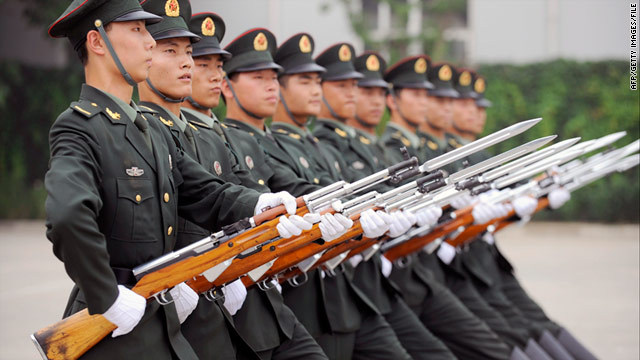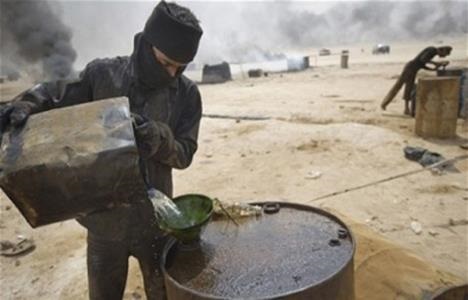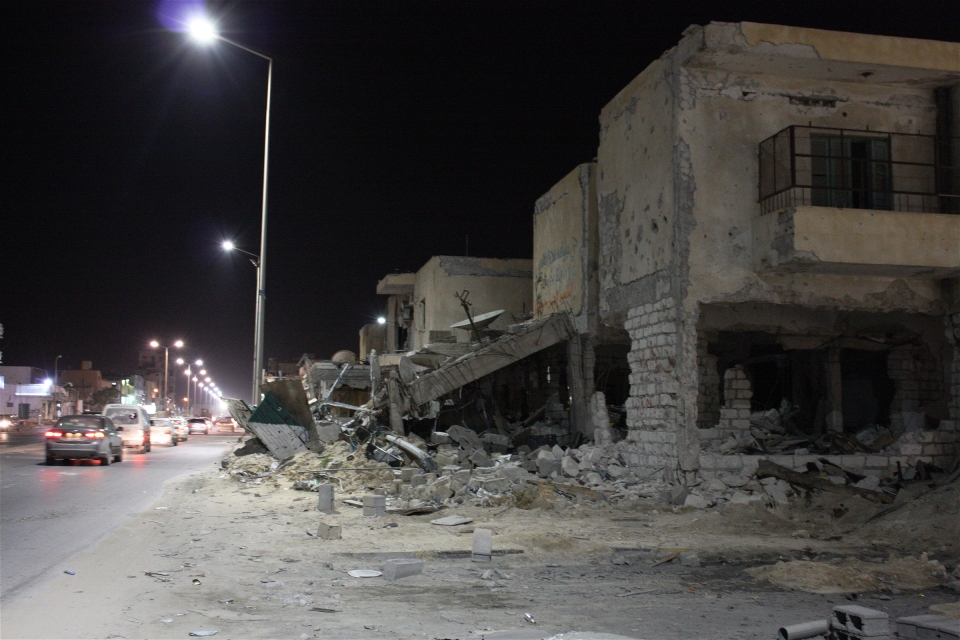China’s ‘peaceful rise’ was an official policy under the leadership of Hu Jintao and has since become a popular term to describe the nation’s rise over the past few decades. China recognized that the ascendance of a new power can often upset global political structures and even lead to war when done improperly. The introduction of the ‘peaceful rise’ policy was put in place to counter any notions of China’s rise representing any international military threat.
However, China’s neighbours have regarded its fast rise as a mixed blessing. In essence it sees the economic opportunities as well as the security challenges of a growing China. China’s peaceful rise policies have not fully put to rest nervous neighbouring countries’ perception that some Chinese foreign policies are aggressive in nature. This has thus led to recent increases in military spending and involvement in the region.
China has the largest number of neighbours, by land and by separation of across a narrow sea strip, of any other country worldwide. Continentally there are 20 neighbouring countries and, not surprisingly, there have been border disputes with most. There now only remain two stretches of border with India that are pending results.

The same cannot be said with regard to China and its naval neighbours, which has been the primary reason for increased military tensions in the region. The course of action China has chosen to follow in the South and East China Sea has become a primary source of contestation between the security of China’s neighbours and China’s peaceful rise policies. Thus these seemingly aggressive actions have led many to claim that China’s foreign policy in the area is harassing in nature.
In the most recent round of territorial disputes concerning Chinese and Japanese claims over the group of islands known as the Diaoyu/Senkaku islands, both countries have portrayed themselves as the peace-loving party that is in opposition to a militaristic aggressor. The Chinese genuinely believe that Japan is violating their sovereignty and not the other way around. Both nations’ perceptions of the situation have only heightened tensions, especially when considering the increased military presence of both Japan and China.
This current round of disputes has also coincided with Japan’s return to the military exports market, an area they had forsaken since World War Two. Japanese Prime Minister Shinzo Abe shared that recent contentious relations with China eased the move to rid of the defense export ban.
However, the Chinese are beginning to see the recent increase in Japanese presence in the area, as well its military spending as a result of Japan’s security alliance with the US. It would not be a stretch to assume the US is trying to capitalize on disputes between China and some of its neighbours. Hillary Clinton herself stated that the US wanted to compete with China for influence in the region. There has also been evidence in the past of the US first claiming they take no position toward the ownership of the islands and yet at the same time publically grouping the contested islands with Okinawa and handing them over to Japan.
In a way then, Chinese aggressions at sea could be interpreted as defensive posturing instead of actions that warrant a militarized response by neighbouring countries. As further evidence of Chinese cooperation and not aggression, 2014 represented the first year China was invited to participate in the naval exercise RIMPAC.

There is no shortage of evidence of China’s military presence making its regional neighbours nervous. At the same time the ramifications of Japan’s re-opening its markets to defense exports to the region has yet to be seen. It is important to remember to view actions taken by a country from its own perspective as objectively as possible and not simply from a western viewpoint. The root cause of any armament is always more complex than it first appears.




